Introduction:
In Nigeria, food inflation has been at an all-time high, going as high as 30% this year alone. It has made something as fundamental as putting food on the table really expensive as the cost of living soars.
In this post, we will look at how inflation is affecting food supply in Nigeria and explore practical ways individuals and communities can tackle this issue head-on
Understanding the Inflation Challenge:
Inflation is a relentless economic force that affects the prices of essential commodities, including food. In Nigeria, factors such as currency devaluation, supply chain disruptions, and rising global food prices contribute to the challenge of managing food costs. As consumers, understanding these factors is the first step towards effective coping.
Farmers’ Resilience and Adaptation:
Nigerian farmers are resilient and adaptive. They face the challenge of inflation by embracing innovative agricultural practices, crop diversification, and the adoption of modern technologies. Supporting local farmers and their efforts to produce affordable, high-quality food is crucial in addressing this issue.
Empowering Local Food Initiatives:
Local food initiatives play a significant role in bridging the gap between farmers and consumers. These initiatives promote the consumption of locally grown and sourced produce, reducing the reliance on expensive imported goods. Community-led food programs and farmers’ markets are excellent examples of such initiatives.
Consumer Strategies for Coping:
Nigerians are employing various strategies to manage their food budgets amidst inflation. These strategies include meal planning, reducing food wastage, and exploring cost-effective yet nutritious meal options. Additionally, growing your own vegetables or participating in community gardens can be empowering and cost-effective.
A Call for Government Action:
Addressing inflation’s impact on food prices requires a holistic approach. It is essential for the Nigerian government to implement policies that promote food security, support local agriculture, and stabilize the economy. Collaboration between policymakers, farmers, and consumers is crucial to tackling this issue effectively.
Conclusion:
The journey from the farm to consumers table in Nigeria includes lots of challenges due to inflation. However, the resilience of Nigerian farmers and the proactive measures taken by individuals and communities are clear signs that there is hope.

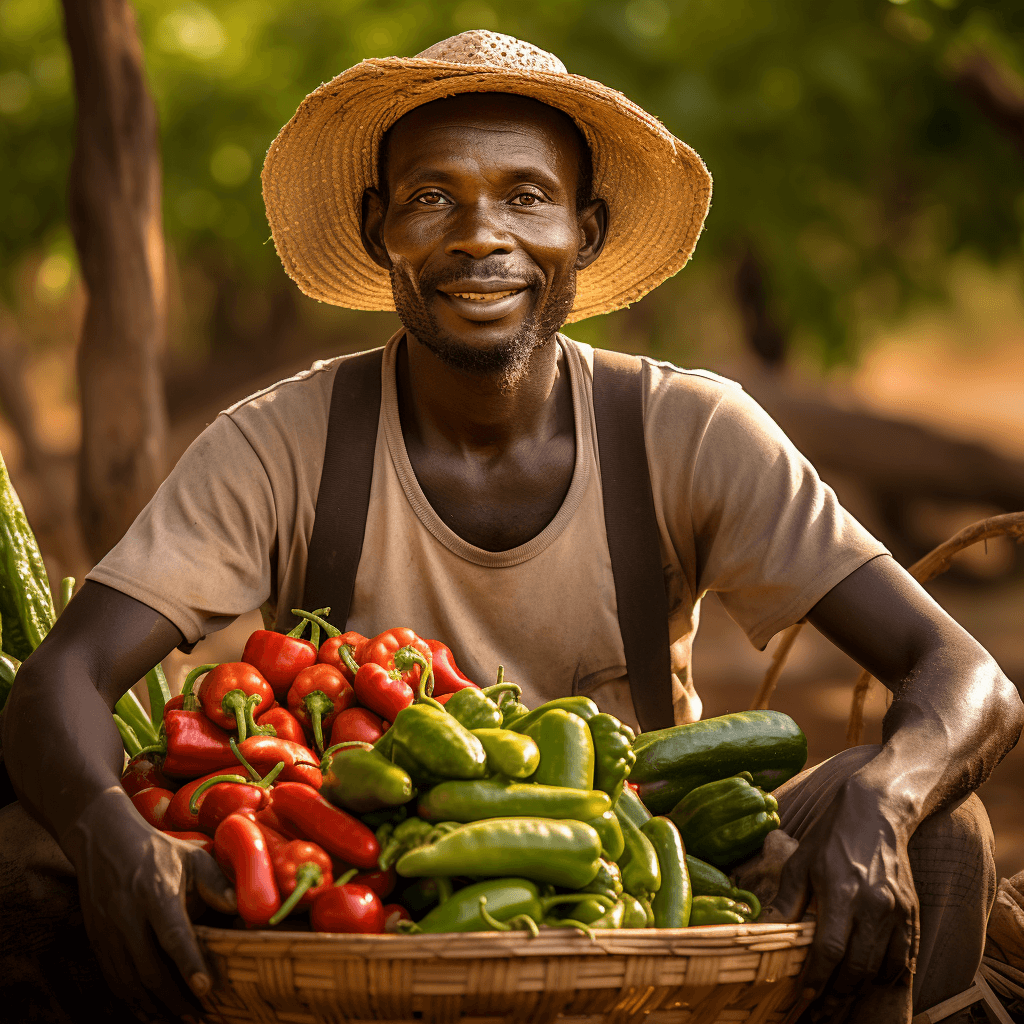
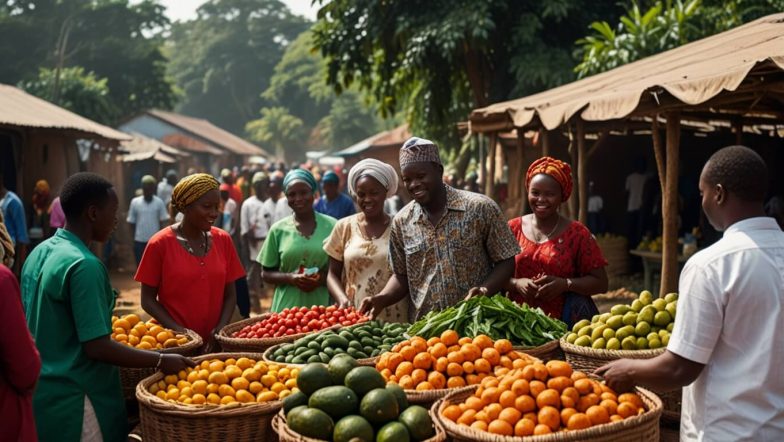
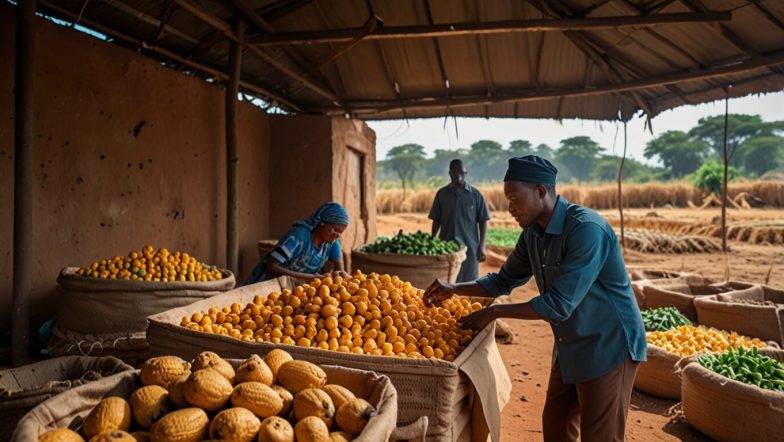
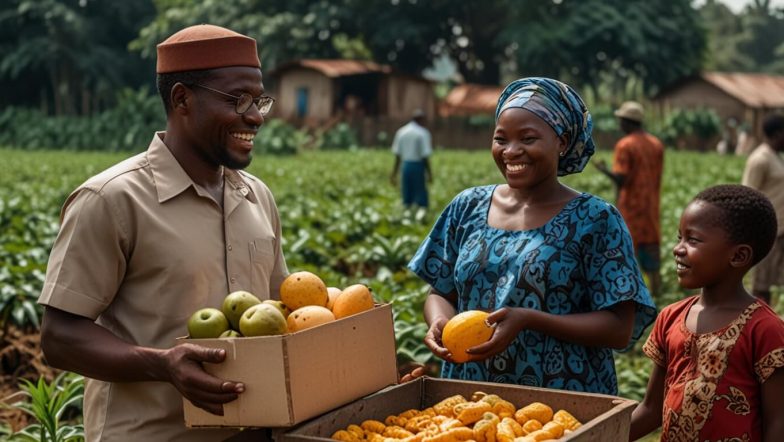

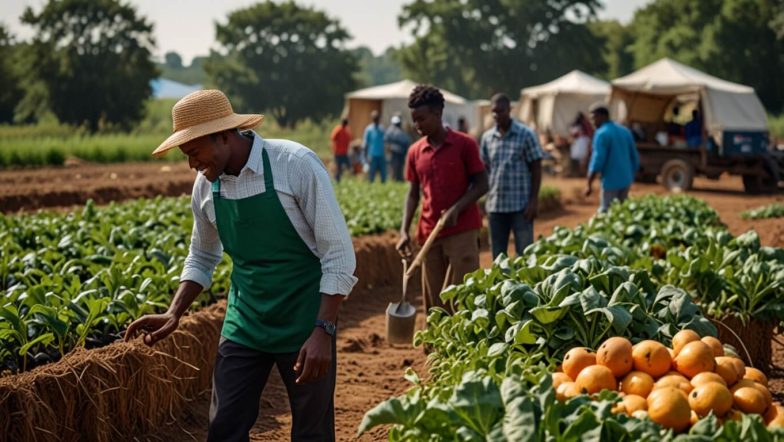
Leave a comment